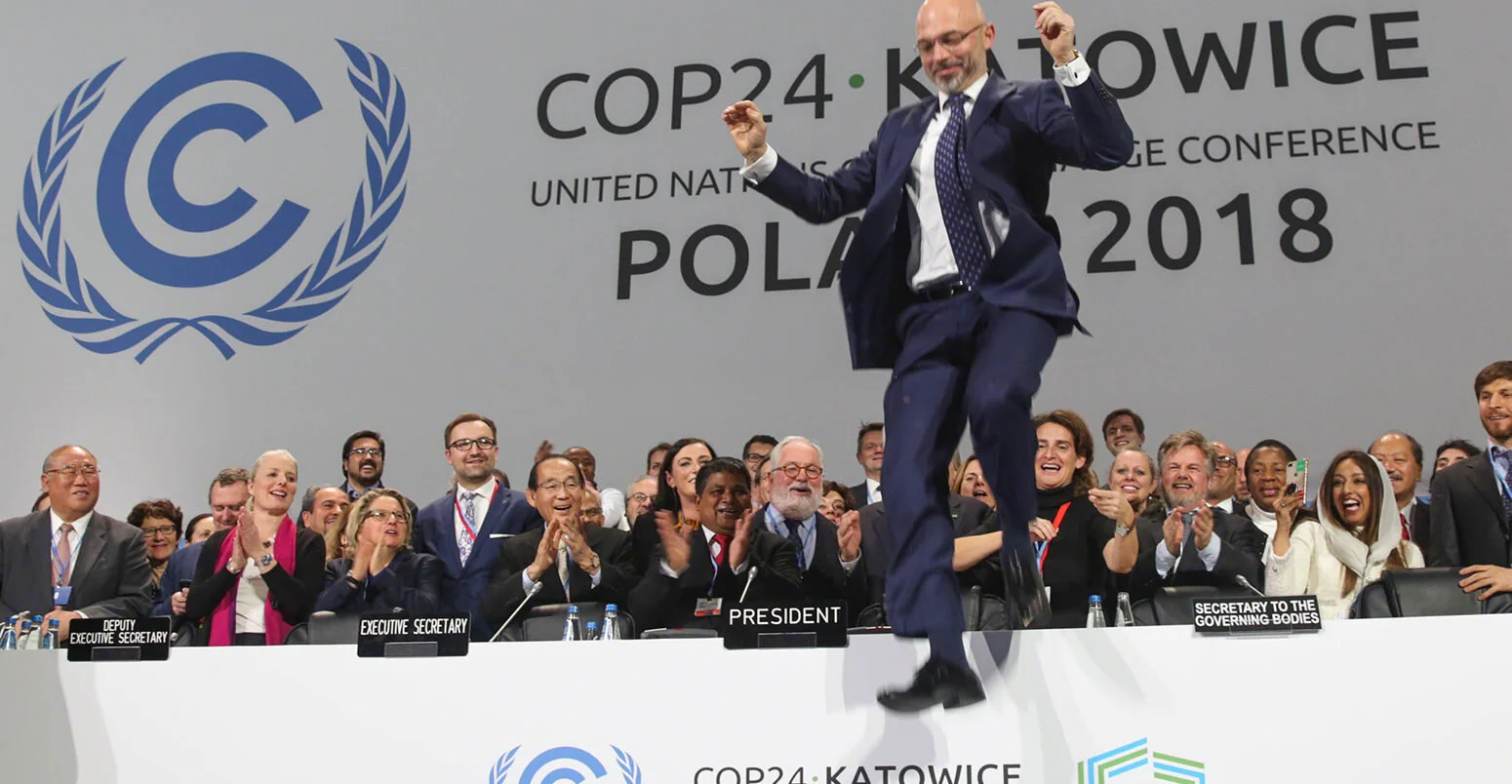Under 12 years of Angela Merkel's chancellorship, Germany has emerged as a leader in global development. Merkel's party, the Christian Democratic Union, has touted this rise in the current national election campaigns as evidence of her commitment to human rights and global development issues.
But other parties have expressed concern about a development policy they say is too focused on a single issue: stopping the influx of refugees and migrants to Europe. They warn that by roping ODA into a key domestic policy debate, Merkel and her CDU party have politicized development.
Development experts are frustrated at how little airing these issues have had during the current campaign, even as Germany's approach to them becomes increasingly significant. Read more.



